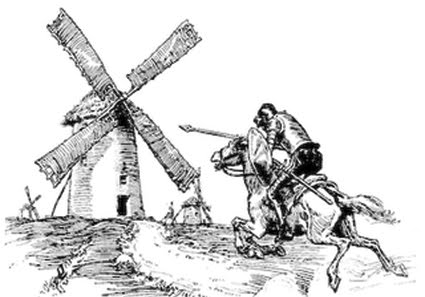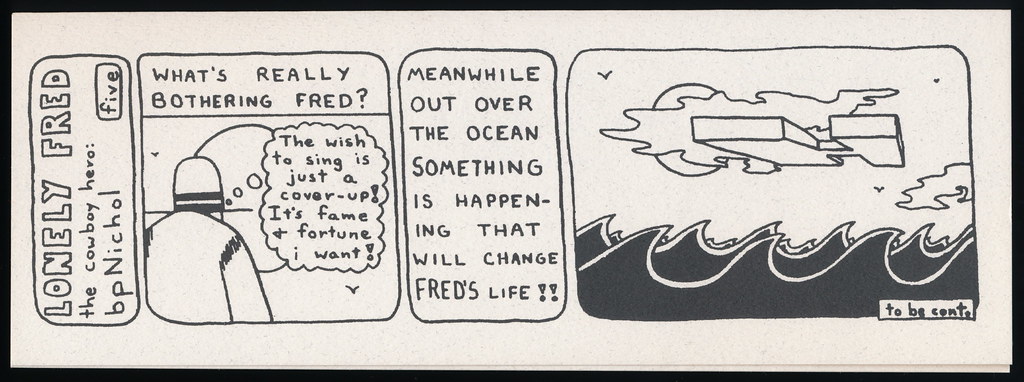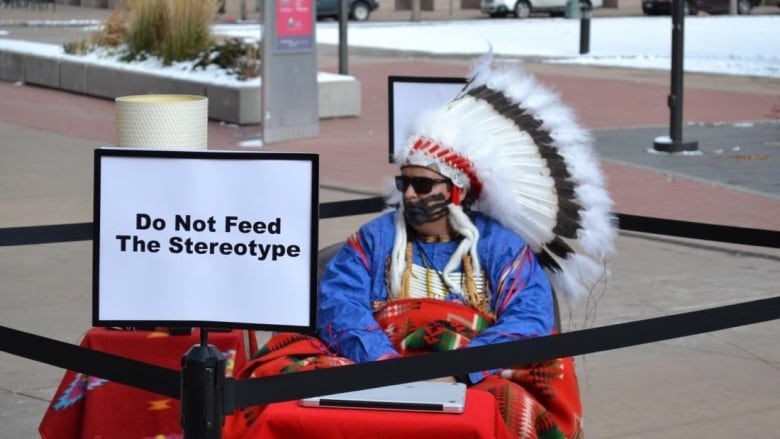SINGLE LINES
When I am ruler of the world…
GROUP WRITING:
Two people write approximately five lines about two characters (from character list)
Two people write approximately five lines about two characters (from character list)
These two people join together with other two other people. They combine their lines using a transition. Adjust the paragraphs to fit.
Then these four people find four others and repeat.
Then read.
Some transitions:
At the same time
At the same time
Across the city, province, country, galaxy
On the other side of the desert, city, universe, house, room, coffeeshop, forest
For two weeks
Meanwhile
Afterwards
Previously (unknown to them)
Afterwards
Previously (unknown to them)
They didn’t know that
At night
For months they did not visit, see, plan, etc.
In the morning, the next morning, one morning years from then
After lunch
The next day
Later that evening
When the sun sank
The following Tuesday, the following century
The previous day, week, year, century, millenium, world
A week later
Months passed
At the appointed time
The next time they met
When they arrived home
As they approached
In the year 2004
It took a month, but
On the first sunny day
Later
*
WRITE TO THE END
Write the scene that goes before one of these:
"Up out of the lampshade, startled by the overhead light, flew a large nocturnal butterfly that began circling the room. The strains of the piano and violin rose up weakly from below.”
"Oh, my girls, however long you may live, I never can wish you a greater happiness than this."
"There was some open space between what he knew and what he tried to believe, but nothing
could be done about it, and if you can't fix it, you've got to stand it."
"After all, tomorrow is another day.”
‘So we beat on, boats against the current, borne back ceaselessly into the past.”
"He turned out the light and went into his/her room. (S)he would be there all night, and (s)he would be there when (s)he waked up in the morning.
"The eyes and faces all turned themselves towards me, and guiding myself by them, as by a magical thread, I stepped into the room.”
"The creatures outside looked from pig to man, and from man to pig, and from pig to man again; but already it was impossible to say which was which.”
"The old man was dreaming about the lions.”
"Whatever our struggles and triumphs, however we may suffer them, all too soon they bleed into a wash, just like watery ink on paper.”
"It is not often that someone comes along who is a true friend and a good writer. She was both.”
"In the meantime, she would just live.”
"It's funny. Don’t ever tell anybody anything. If you do, you start missing everybody.”
“O God, You've done enough, You've robbed me of enough, I'm too tired and old to learn to love, leave me alone forever."
(https://www.stylist.co.uk/books/the-best-100-closing-lines-from-books/123681)
*
WRITE DIALOGUE
In a group of 1-3, write some dialogue--a conversation between the group. Each person take one voice.
*
SHEILA HETI's flip a coin exercise.
SHEILA HETI's flip a coin exercise.
Ask questions of yourself about your writing project and flip a coin to find out the answer.
Adapted: Ask questions about a character/story
You can flip the coin after each question and then determine the next question or just make a list of questions and then flip.
Did John love Jane?
Did Jane love John?
Is the world going to end?
Before they meet?
Before they meet?
*
What now?
What now?
Sources of inspiration. Ekphrastic writing, phrases, characters, settings, notebooks, constraint, what if, something you know that others don't...
Sheila Heti's writing project: listening.
Creating projects for yourself
Finding writing groups or starting one
Your own voice.
Writing for different ages.
Your own voice.
Writing for different ages.
Publishing follow-up.
Using other media.
Video stories: stories with music.
Video stories: stories with music.























